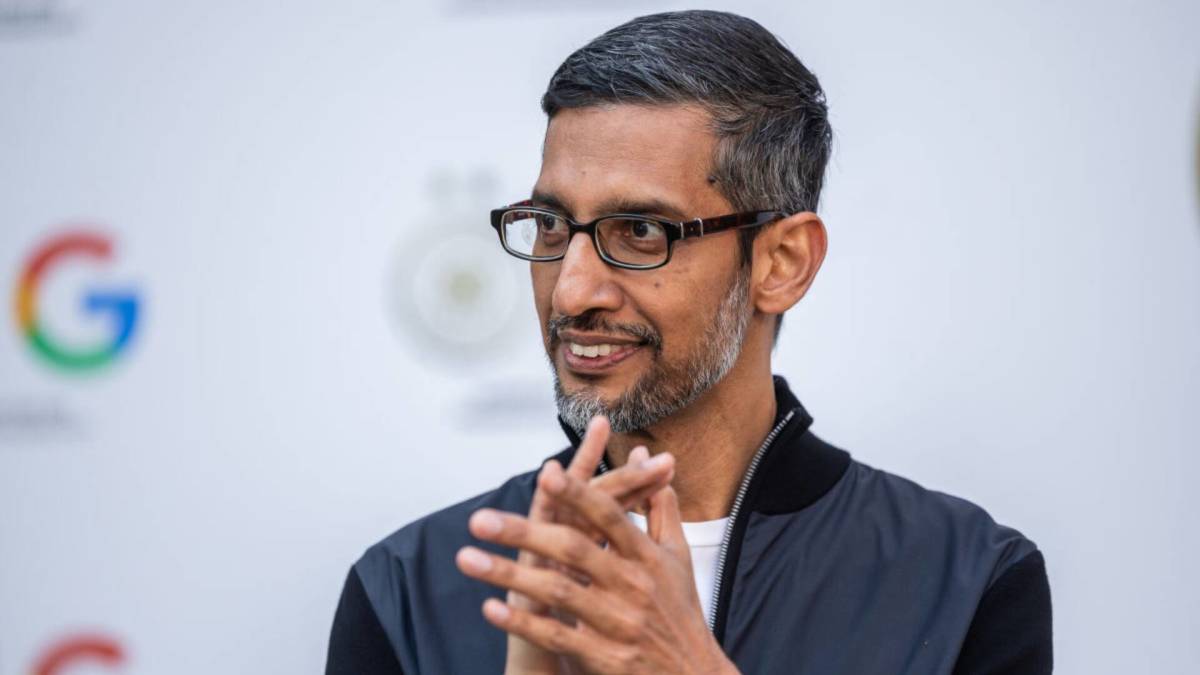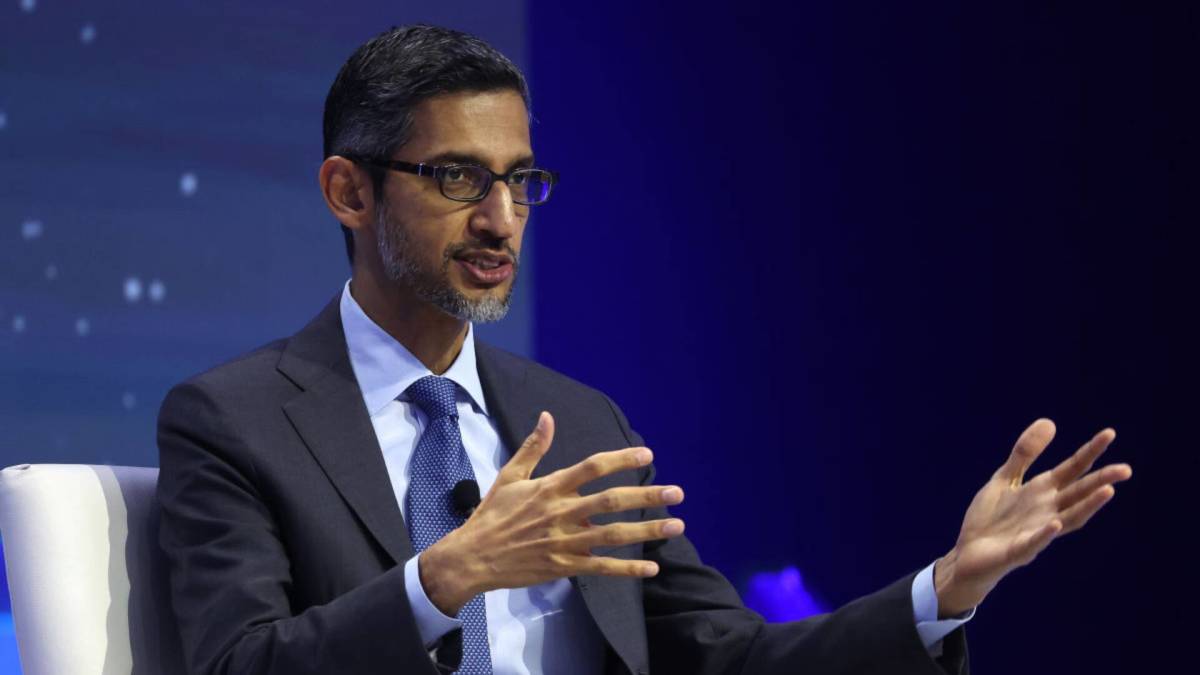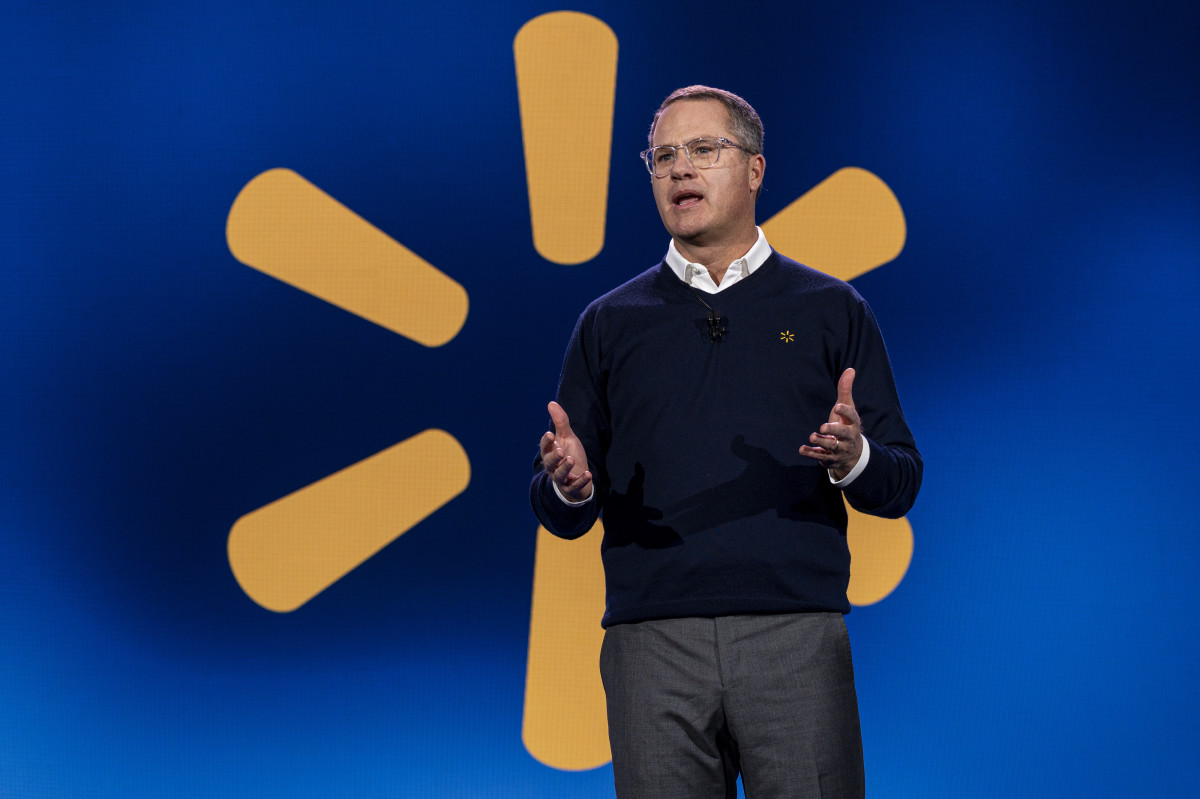Google takes another piece of Nvidia, Amazon AI cake
Google is having a pretty intense year, but the most important battle has been won for the company, as it emerged unscathed from the monopoly case against it. A federal judge's ruling that Alphabet would not have to sell Chrome or Android was a significant win, even though the company said it will ...

Google is having a pretty intense year, but the most important battle has been won for the company, as it emerged unscathed from the monopoly case against it.
A federal judge's ruling that Alphabet would not have to sell Chrome or Android was a significant win, even though the company said it will appeal the decision.
Like all big companies, Google is competing in the artificial intelligence race, but as this race is a marathon, not a sprint, collaborating with rivals can pay off. According to Reuters sources, Meta has signed a six-year deal worth more than $10 billion with Google to use its Cloud infrastructure.
It is also rumored that Meta had talks with Google Cloud about using its Gemini models to improve the Facebook parent's ad business.
Meta isn't the only AI company that needs more computing power, and this is good news for Google. Image source: Justin Sullivan/Getty Images
Google expands its partnership with Anthropic
Google (GOOGL) and Anthropic revealed on October 23 that Anthropic is expanding its use of Google Cloud's Tensor Processing Units (TPU) chips and will have access to over 1 GW of power coming online in 2026.
This partnership dates back to 2023, with Anthropic using Google Cloud's AI infrastructure to train its models, making them available to businesses through Google Cloud's Vertex AI platform and Google Cloud Marketplace.
"Anthropic's choice to significantly expand its usage of TPUs reflects the strong price-performance and efficiency its teams have seen with TPUs for several years," said Google Cloud CEO Thomas Kurian.
"We are continuing to innovate and drive further efficiencies and increased capacity of our TPUs, building on our already mature AI accelerator portfolio, including our seventh-generation TPU, Ironwood."
This deal will give Anthropic access to up to one million TPU chips, as well as additional Google Cloud services. Anthropic stated that it will continue to use Amazon's Trainium and NVIDIA's GPUs.
"While Anthropic, the company behind the Claude AI chatbot, reiterated its commitment to Amazon, we see this move with Google speaking to the capacity-constrained AI and data center market, as well as prudently diversifying its exposure," veteran fund manager Chris Versace wrote for TheStreet Pro.
Bank of America raises Google price target to $280
Alphabet will report earnings on October 29. Bank of America analysts Justin Post and Nitin Bansal recently updated their opinion on Alphabet stock in the form of a pre-earnings note.
They raised their Q3 revenue estimates by 1% to $86 billion, and lowered EPS estimates by 8% to $2.17, compared to Wall Street estimates of $85 billion and $2.29, respectively.
Post reiterated a buy rating and raised the price target from $252 to $280, based on 24 multiple his estimate for core Google GAAP EPS plus cash per share for 2026.
Analysts noted downside risks:
- Loss of search traffic to AI tools from competitors
- LLM integration into search taking longer than expected or negatively impacting search revenues
- Revenue pressure from compliance with the EU Digital Markets Act
- Potential for increasing capital expenditures and lower free cash flow, given AI investments
Google claims quantum advantage
On October 22, Google and Alphabet CEO Sundar Pichai wrote, "Our Willow chip has achieved the first-ever verifiable quantum advantage."
The company published a research paper in Nature, showing that its Willow quantum chip ran the "Quantum Echoes" algorithm 13,000 times faster than the best classical algorithm on one of the world's fastest supercomputers.
More AI Stocks:
- More police agencies adopt AI, raising efficiency — and concern
- How AI Could Monitor Brain Health and Find Dementia Sooner
- ChatGPT latest user perk sparks controversy
- Bezos’s AI bubble warning backed by big names in banking
The stock gained 1.8% in the after-market due to the announcement. However, investors should be highly skeptical of claims of quantum advantage.
This announcement isn't the first time Google has claimed to have achieved "quantum supremacy."
The previous instance was in 2019. That claim was debunked in 2022 by Pan Zhang and his team from the Institute of Theoretical Physics at the Chinese Academy of Sciences in a published paper, Solving the Sampling Problem of the Sycamore Quantum Circuits.
The key problem with "quantum advantage" claims is that they rely on the assumption that current classical algorithms, to which they are comparing their quantum algorithms, cannot be improved, or worse, dramatically underestimate the performance of classical systems, as was the case in the previously mentioned 2019 claim.
Google's new paper does a good job of testing various classical algorithms, but that still isn't proof that an efficient one doesn't exist.
Dries Sels, a quantum physicist at New York University, said for Nature: "Personally, I don't think that's enough to make such a big claim."
And regarding the usability of this achievement, James Whitfield, a quantum physicist at Dartmouth College, said for Nature that it is "a bit of a stretch to think how this is going to suddenly solve some economically viable problem."
Related: Bank of America resets Intel stock forecast after earnings
What's Your Reaction?




















































